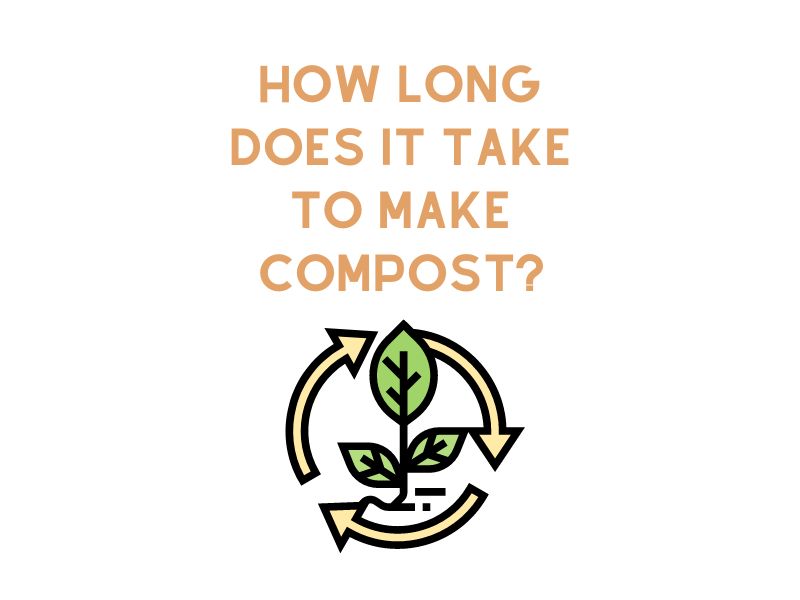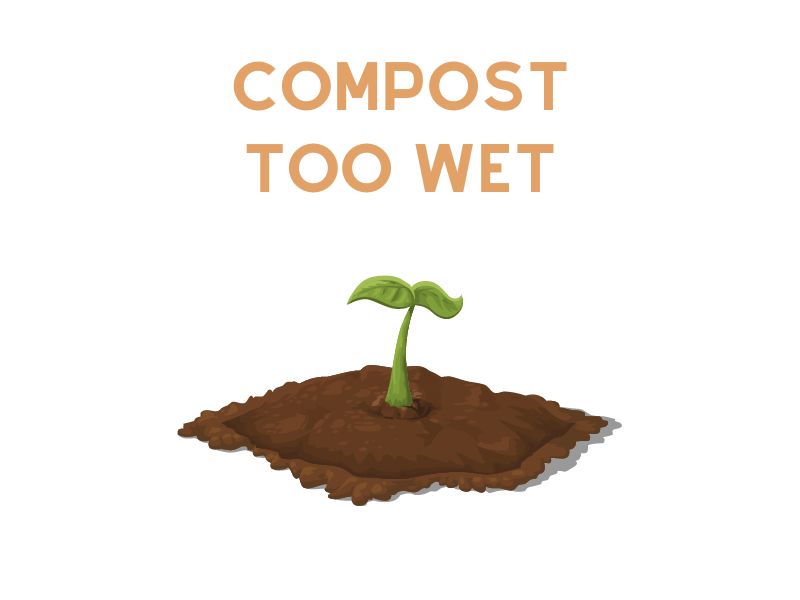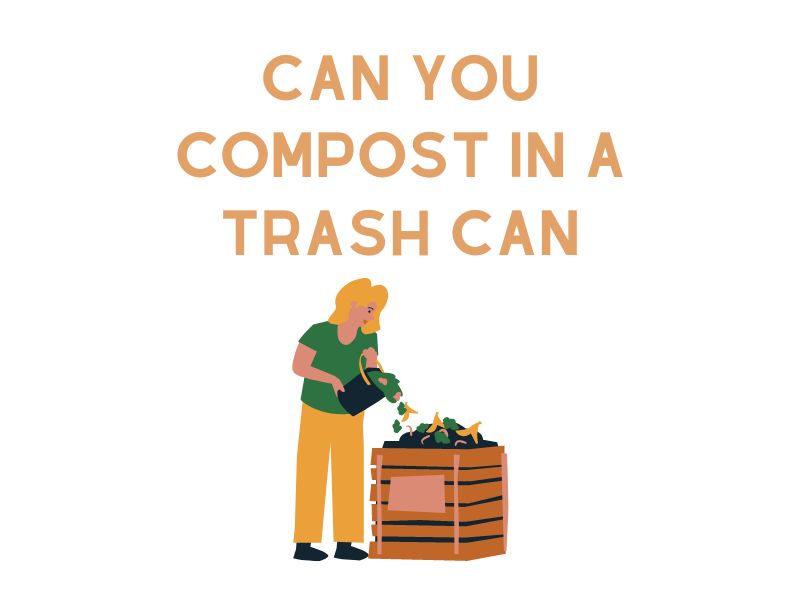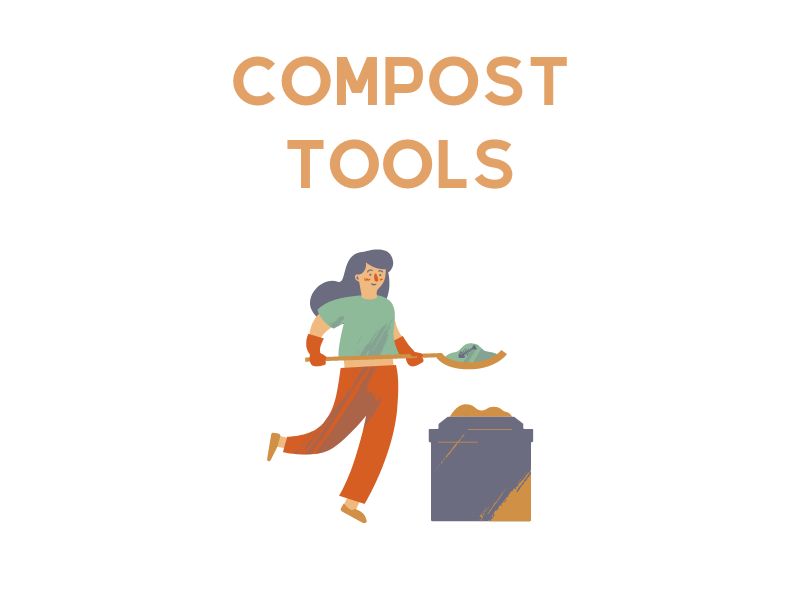Composting is a natural, eco-friendly process that plays a critical role in waste management and sustainable agriculture. At its core, it involves the transformation of organic waste materials – including kitchen scraps, yard debris, and agricultural waste – into a nutrient-rich soil conditioner known as compost. This dark, crumbly substance is commonly referred to as “black gold” due to its ability to enrich the soil, promote plant health, and improve crop yields, making it highly prized among gardeners and farmers.
The benefits of composting extend far beyond the realm of gardening, however. It can significantly reduce the amount of waste sent to landfills, thereby lowering greenhouse gas emissions. It also aids in soil remediation, helping to filter pollutants and improve water retention in sandy soils, while aiding in erosion control in heavier clay soils.
Despite these numerous benefits, many people are often daunted by the prospect of starting their own compost pile due to perceived complexities and uncertainties, including the question of time – just how long does it take to produce compost? While there isn’t a one-size-fits-all answer, as composting times can vary greatly depending on several variables, understanding these factors can demystify the process and make composting a more approachable endeavor for both novices and experienced gardeners alike. In this article, we will delve into the factors influencing compost production time, different composting methods and their associated timelines, signs that your compost is ready, and tips to expedite the composting process.
Factors Influencing Compost Production Time
The composting process involves the breakdown of organic matter through the action of various microbes and small organisms, which are natural recyclers. However, the speed at which these materials decompose to produce compost can differ significantly based on several key factors:
- Type of materials composted: The compost pile is usually composed of a mixture of green materials (rich in nitrogen) and brown materials (rich in carbon). Green materials include fruit and vegetable scraps, coffee grounds, fresh grass clippings, and fresh leaves, while brown materials include dry leaves, straws, wood chips, and paper. The proportion and type of these materials can significantly affect the speed of composting. A good compost pile should have a balance of these two types of materials. Too much green material can lead to a smelly pile, whereas too much brown material can slow down the composting process.
- Size and surface area of composting materials: The physical characteristics of the materials you add to your compost pile also play a critical role in determining how quickly they will decompose. Smaller pieces provide more surface area for the microbes to work on, resulting in faster decomposition. Therefore, chopping, shredding, or breaking down your compost materials into smaller pieces can help speed up the process.
- Moisture and aeration: Microorganisms responsible for breaking down organic matter require both oxygen and moisture to survive and thrive. A compost pile should have the dampness of a wrung-out sponge and should be turned regularly to ensure that air circulates evenly throughout the pile. A lack of oxygen can slow down the composting process and can also lead to foul odors, as the conditions become more favorable for anaerobic (non-oxygen-loving) bacteria.
- Climate and temperature: The composting process is faster in warm conditions, as heat increases microbial activity. In a well-managed pile, heat generated by the microbes can often keep the process going through colder weather, but in general, composting will be slower in colder climates and faster in warmer ones. That’s why the composting process often slows down or stalls in winter, particularly in regions with a cold climate.
By understanding and controlling these factors, you can optimize your composting process and reduce the amount of time it takes to produce rich, nutrient-dense compost.
Timeframes for Different Composting Methods
The time required to produce compost can greatly vary depending on the composting method used. Each method has its unique characteristics and requirements that influence the composting timeline:
- Traditional composting: Also known as cold or passive composting, traditional composting is the simplest and most common method. This method involves forming a pile with layers of organic materials and waiting for them to break down naturally over time. While this method requires the least effort, it can also take the longest time, anywhere from 6 months to 2 years to produce finished compost. Factors such as the types and sizes of materials used, moisture, and aeration greatly influence the composting timeline.
- Vermicomposting: Vermicomposting or worm composting uses composting worms, usually red wigglers, to eat and digest organic materials. The worms’ digestive process speeds up the breakdown of organic matter, often producing finished compost in as little as 2 to 3 months. However, vermicomposting requires a bit more maintenance, including keeping the worms at a comfortable temperature and managing the moisture level in the bin.
- Tumbler composting: Compost tumblers are sealed containers that are designed to be rotated, which helps to mix the compost materials and provide aeration. Tumblers often produce compost faster than traditional piles due to efficient aeration and heat retention. Depending on the conditions and how often the tumbler is turned, this method can produce compost in 2 weeks to 2 months.
Each composting method has its advantages and disadvantages, and the best one for you may depend on your specific situation and requirements, including the types and volume of waste you have, the space available, your physical capacity to turn or manage the compost, and the time you can dedicate to the process.
Signs That Your Compost Is Ready
It’s essential to know when your compost is fully matured and ready to use. Utilizing immature compost could harm your plants as it might still contain harmful microbes and substances. On the other hand, mature compost is a superb soil conditioner filled with beneficial microbes, nutrients, and organic matter. Here are some telltale signs that your compost is ready to benefit your garden:
- Appearance: The first indication that your compost is ready is its appearance. Finished compost should be dark brown, resembling rich, fertile garden soil. It should have a crumbly texture, much like that of a well-made chocolate cake. If your compost still looks like the original materials you added, it’s probably not finished yet.
- Smell: Mature compost has a pleasant, earthy smell, akin to the scent of a forest floor. If your compost pile smells unpleasant or strongly of ammonia, it’s a sign that the composting process is not yet complete. Unpleasant smells often indicate an imbalance in the compost pile, such as too much green material or insufficient aeration, which you may need to rectify.
- Temperature: As organic materials decompose, they generate heat, a hallmark of the composting process. However, when compost is ready, the heat-generating microbial activity slows, and the pile cools down to the ambient temperature. Therefore, a drop in temperature is a good indicator that your compost may be ready.
- Original materials: In finished compost, you shouldn’t be able to identify any of the original materials you added, with the possible exception of hard-to-decompose items like twigs or eggshells. If you can still recognize some of the kitchen scraps or yard waste, give your compost pile more time to break down.
Remember, testing your compost is always a good idea before using it. A simple germination test involving sowing a few quick-germinating seeds like cress or lettuce in the compost can indicate its maturity. If the seeds germinate normally, your compost is ready to use. If they fail to germinate or show signs of disease or distress, it’s likely that the compost isn’t ready yet.
Tips to Speed up the Composting Process
While composting is a natural process that relies on the activity of decomposer organisms, there are several strategies you can use to speed up the process and get your nutrient-rich compost ready for use sooner:
- Turn and aerate the pile: One of the simplest ways to speed up composting is to turn the compost pile regularly. This introduces oxygen into the pile, which is essential for the aerobic bacteria that drive the composting process. Turning also helps to distribute heat evenly throughout the pile, promoting faster decomposition. Depending on the size of your compost pile and the materials used, you might want to turn it off every few days to once a week.
- Maintain the right balance of green and brown materials: Striking the right balance between green materials (nitrogen-rich, like vegetable scraps and coffee grounds) and brown materials (carbon-rich, like leaves and straw) is crucial. The optimal ratio is typically 3:1 browns to greens by volume. Too many greens can result in a slimy, smelly pile, while too many browns can slow down the composting process.
- Ensure adequate moisture: Compost microbes need moisture to survive and do their job. A compost pile should be as damp as a wrung-out sponge. If it’s too dry, it will slow down the decomposition process, but if it’s too wet, it can become waterlogged and anaerobic, leading to unpleasant smells. Check the moisture level of your pile regularly, and add water or dry browns as necessary to maintain the right level.
- Chop or shred materials into smaller pieces: The size of the materials you add to your compost pile significantly influences how quickly they break down. Smaller pieces have more surface area for microbes to work on, which can accelerate the composting process. So, take some time to chop or shred your kitchen scraps, trim your leaves, or chip your branches before adding them to your compost pile.
- Use a compost activator: Compost activators are products that contain microbes or enzymes designed to kickstart the decomposition process. While not necessary for composting, they can sometimes help to speed up the process, especially in a new compost pile or one that is decomposing very slowly.
Remember, composting is as much art as it is science. It can take some trial and error to find the right balance and methods that work best for you, but these tips should help you create compost more quickly and efficiently.
Conclusion
Composting is a fantastic way to transform kitchen scraps and yard waste into a valuable resource for your garden. While the time it takes to produce compost can vary widely, understanding the key influencing factors and methods can help you significantly streamline the process. By controlling the type and size of materials used, maintaining the right balance of green and brown materials, ensuring adequate moisture and aeration, and regularly turning your pile, you can accelerate the composting process and produce nutrient-rich compost more efficiently.
However, patience is integral to the composting journey. After all, nature has its rhythms, and composting is no exception. Although you can speed up the process to a certain degree, composting is essentially a natural decomposition process that takes time. The reward for your patience and efforts is a rich, dark compost that can vastly improve the health and productivity of your garden soil, all while reducing waste and contributing to a healthier environment.
Remember that every composting journey is unique and dependent on your specific circumstances, including climate, available space, and type and volume of organic waste. Therefore, don’t be disheartened if your compost pile doesn’t seem to be breaking down as quickly as expected. Instead, consider it as an opportunity to learn, adjust your methods, and enhance your composting skills. With time and experience, you’ll find the right rhythm and approach to create the “black gold” that your garden will appreciate.




